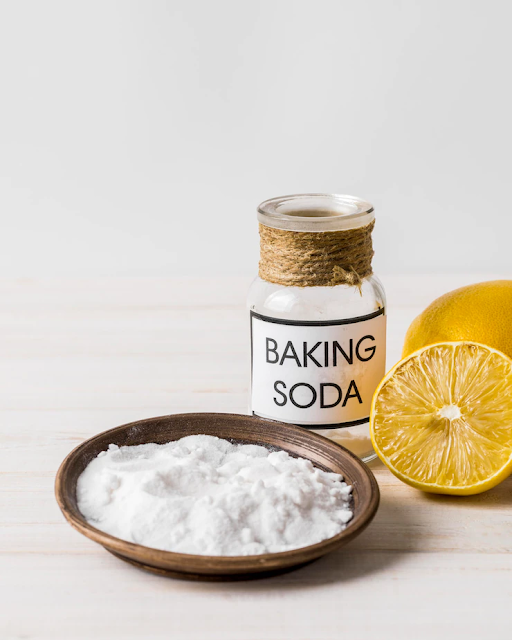 |
| Methods of Extinguishing Fires Caused by Kitchen Fires |
Perhaps one of the scariest experiences anyone can face is dealing with a home cooking fire. Most people cook every day, but it only takes a second for something to burn. A 2020 research report found that on average, nearly 49 percent of all reported home fires were caused by cooking.
Unattended cooking is a major factor in most kitchen fires. In fact, it was the cause of nearly 31 percent of all home fires and 53 percent of cooking fire-related deaths between 2014-2018. Walking away while you're cooking, even for a second, can quickly become a dangerous situation. It is not a good idea to multitask and move around your home if there is an open flame or your stove is set to a high temperature. You should always focus on your cooking. Also, if you feel that you are too tired or unwell, it is better to leave the kitchen alone and order takeout.
If it happens, here are the methods of extinguishing a fire in the kitchen. Hope it helps!
1. Cut off the oxygen of the microwave or oven.
If something ignites in an oven or a nuclear machine, stay calm. Turn off the device, close the door and watch carefully. Covering it and eliminating the heat source should make the small fire go out quickly. Grab your fire extinguisher and take a close look. If the fire does not go out, carefully open the door and spray with an extinguisher to put out the fire. If you have any problems, call the fire department immediately.
2. Place the lid on it.
If you've lit something in the pan, use the lid (or larger lid) to quickly pat and cover it. This is the fastest and most effective way to stop a fire. Consider moving the pan outside if it produces a lot of smelly smoke. Rinse with a hose once it has cooled to prevent the mess from stinking up your kitchen. Be sure to put on a heating pad or oven mitts before trying to hold the handle.
3 Use baking soda or salt on the grease fire.
If you fry greasy food and then it burns, it can be a tricky thing. You can use the hood method, or use a slightly damp towel to put out the fire, but usually the safest and fastest (although not as hygienic) method is to sprinkle some baking soda or salt on the grease to absorb it quickly and get rid of it. fire at the source. You should also feel comfortable using a fire extinguisher on a grease fire. It works well. Stand a safe distance from the grease and activate the extinguisher.
Avoid using water or flour on a grease fire. Flour can ignite, making the fire worse, and--since water doesn't mix with oil--water can cause oil to spray elsewhere, throwing burning oil onto other nearby surfaces.
4 Always contact the fire department immediately in the event of an electrical fire.
It is extremely dangerous to try to control or extinguish an electrical fire yourself because it is very difficult to predict and trace the cause. Get out of your house immediately, get everyone to safety, and call the fire department.





.jpg)






1 Comments
Ye... bukan semua main curah air je....
ReplyDelete